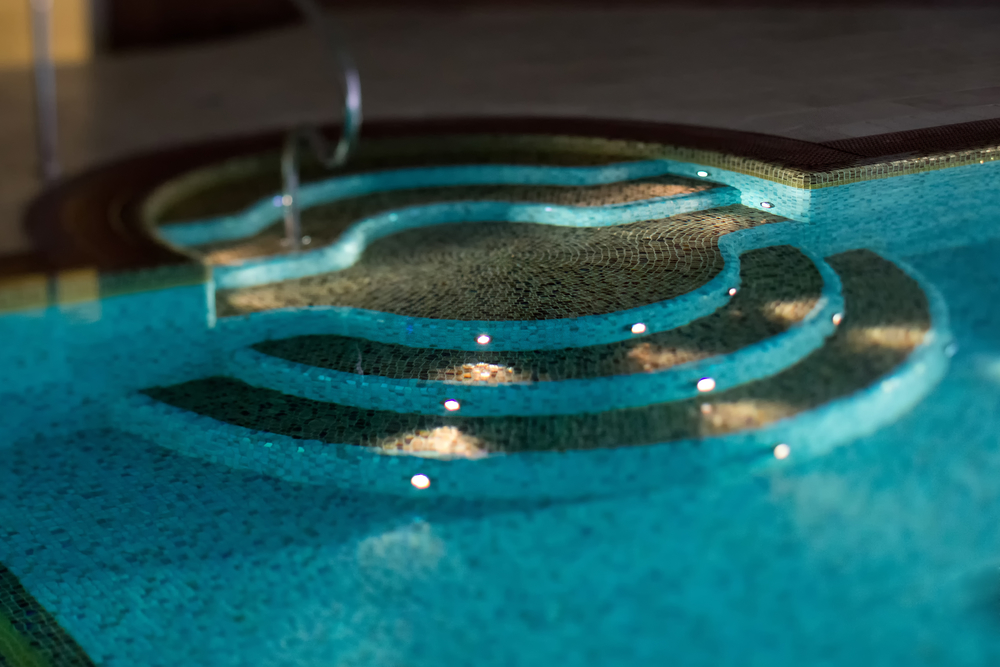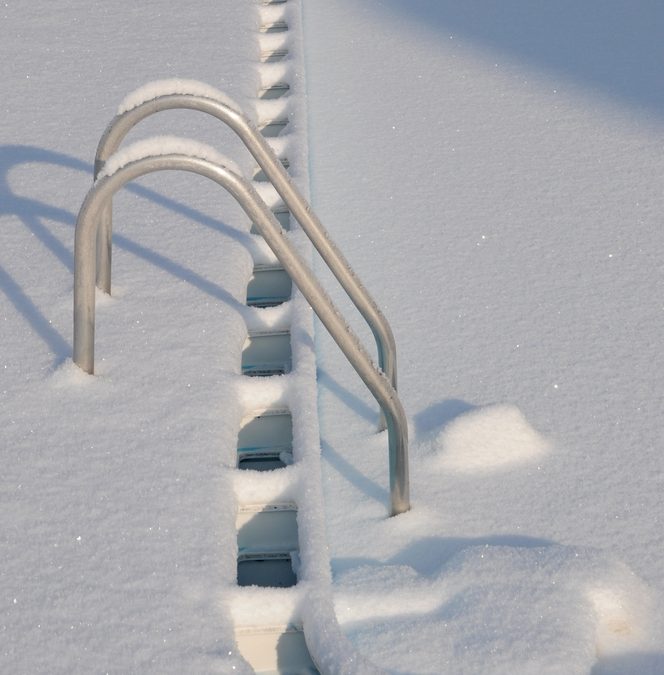Owning a saltwater swimming pool leads to a more luxurious swim — many people will say that a swim in a saltwater pool leaves their skin feeling silky smoth. Even if you have a saltwater pool, though, depending on the area of the country in which you live, you may find it necessary to winterize it. If you’re not going to swim in the winter it is best to have it properly closed so it is protected from the ravages of winter. Also, a proper winter pool closing will make the opening of the pool the next season that much easier.
How To Winterize A Saltwater Pool
In the cold months a saltwater swimming pool will become more acidic even if it has the ame filtration system as a traditional swimming pool. The difference is that the saltwater cleaning system, that eliminates the need to add chlorine to the water, will generate more salt and that can impact the water’s pH.
Before you close the pool
- Manually test the saltwater levels. Add chemicals to bring the water back into line before the pool is closed. This will protect the equipment during the long winter months.
- Your pool contractor will recommend adding an anti-staining agent to the pool water. The reason for this is that minerals from the salt generator will settle on the bottom of the pool and this could stain the structure. Turn the pump on to circulate the anti-stainign agent and run it for at least eight hours before you close the pool to assure it’s properly and completely circulated.
- Winterize the chlorine generator according to the manufacturer’s instructions or ask a pool contractor to undertake the entire task for you. If it is easy to remove the generator, that might be the best thing to do to protect it for the winter months.
- Ask your pool contractor whether you should lower the water levels in your saltwater pool and if he says, “yes” ask to what level.
- Add the pool cover, secure it tightly to protect the pool.
Find time throughout the winter months to inspect the pool to assure it’s covered and that it is surviving the winter months. Caring for a saltwater pool in the winter isn’t much different than caring for a traditional pool, although the pre-closing steps may be a bit different.

